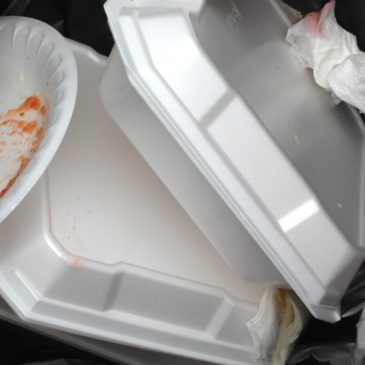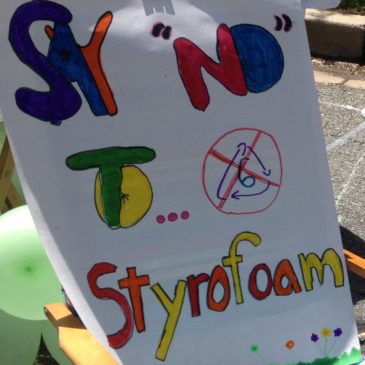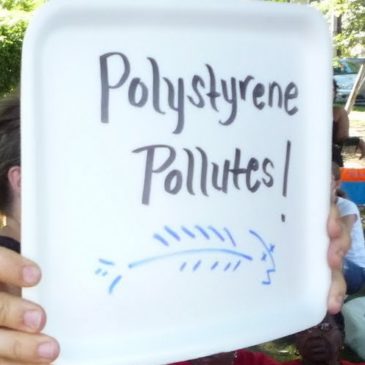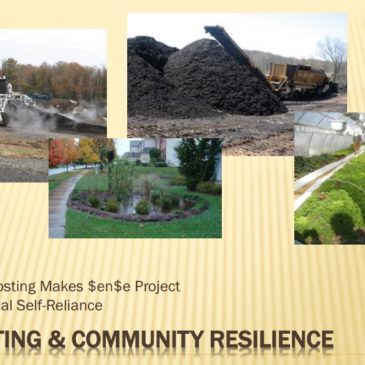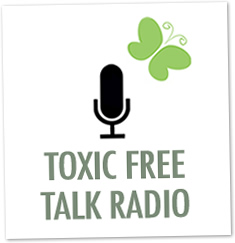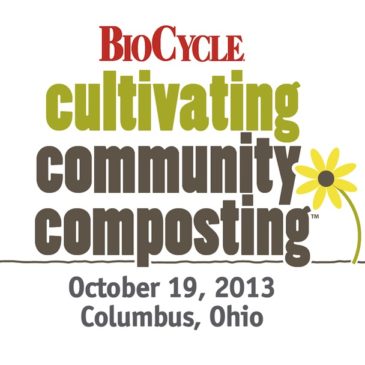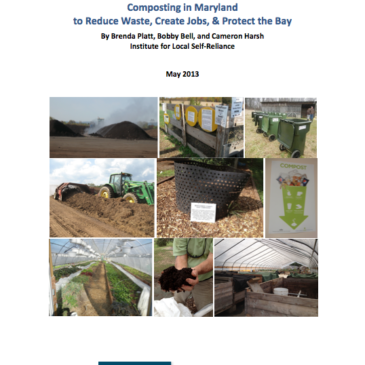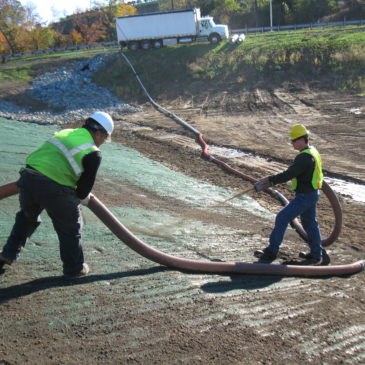Reasons to Restrict Polystyrene for Foodservice Ware in Washington, DC
WHEREAS, the District of Columbia has a duty to protect the natural environment, the economy, and the health of its citizens; and WHEREAS, single-use disposable polystyrene plastics are widespread, persistent environmental pollutants; and WHEREAS, polystyrene food ware is commonly used by foodservice establishments in the District of Columbia; WHEREAS, polystyrene constitutes a significant portion of the … Read More



